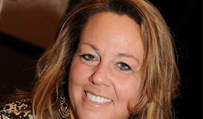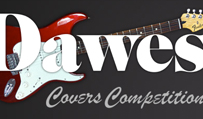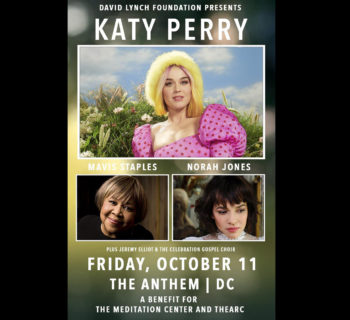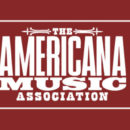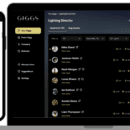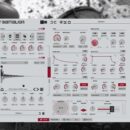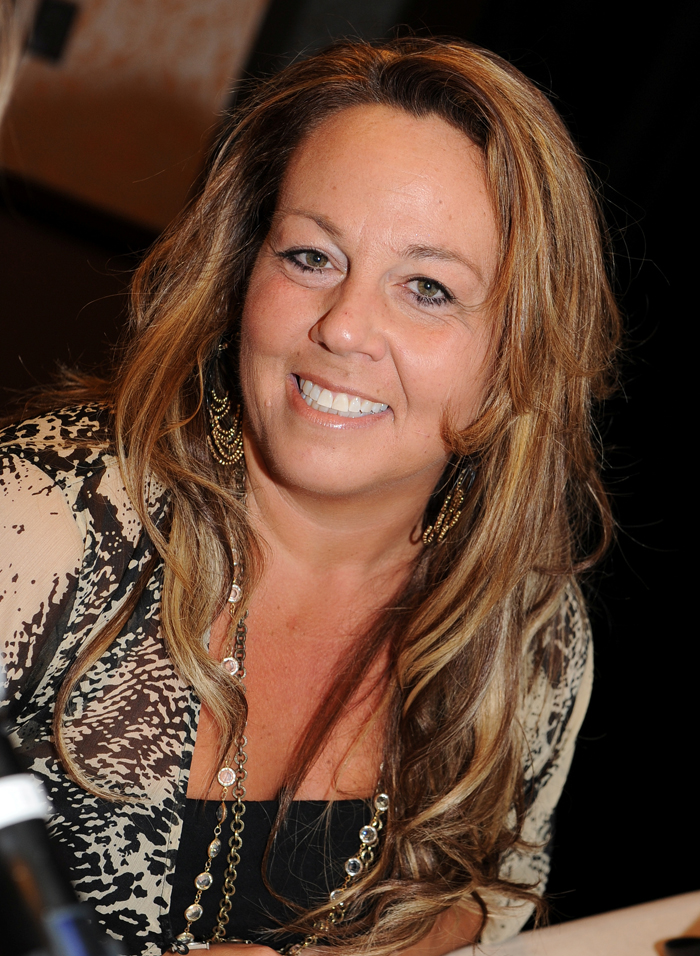 Michele Clark
Michele Clark
CEO / Founder, Sunset Sessions
Years with Company: 16
Address: 25832 Piuma Rd.,
Calabasas, CA 91302
Web: http://sunsetsessions.org
E-mail: [email protected]
Clients: Jason Mraz, the Black Keys, Fun., Matchbox Twenty, Coldplay, Maroon 5, Jack Johnson, Norah Jones, Dead Sara, Beware of Darkness, the Zac Brown Band
BACKGROUND: With 24 years of radio promotion under her belt, Michele Clark has been instrumental in breaking thousands of artists, both major and independent. In doing so, she became frustrated with the typical model for industry conventions and found herself inspired to create Sunset Sessions. Besides recently adding songwriting workshops and the popular social networking Passion Panel, she also co-manages South Africa’s Parlotones.
Undividing Radio’s Attention:
I did independent radio promotion for smooth jazz and then Triple A when it started. I would see my clients work so hard to get a spot at a convention and then the radio guys we wanted to see the band were never there, because there are 20 things going on simultaneously. The only radio guys that would show up were already fans, which was not who we needed. It occurred to me that I could incur the expense of flying the radio guys in, in exchange for their promise to come listen to the bands. I’ll take care of your airfare, your hotel, I’ll feed you, bring you to a beautiful place and you just give these bands a chance. We actually take roll call, because that’s the deal.
One Thing at a Time:
Sunset Sessions started off with, like, nine bands. I think our total attendance was 90 people. That was 1998 in St. Thomas. Now we have 40 or 50 bands that play over the course of three days and nights and close to 1,000 attendees. And there’s never one minute where two bands are playing at the same time, so we never compete with ourselves. The main stage shows are to the right and, as soon as those are over, the late night lounge is on the left. We all eat together, we all travel together and we’re all at all of the events, so everybody connects.
A United Movement:
In addition to radio programmers, I also bring in music supervisors and they hang out with the radio guys. If I can get radio stations and music supervisors to fall in love with a band at the same time, the band goes through the stratosphere. We even bring in TV bookers and the press. Entertainment Tonight did an amazing piece on February’s Sunset Sessions in San Francisco. And the Recording Academy comes. We give them a media room, they interview these artists and put them all over their social media.
The Power of Radio:
When Dead Sara came, their manager, Isaac Heyman, said, “We just want to find one radio guy who loves us.” And he did. He found one guy in Hartford, CT who fell in love with them who said, “I’m going to break this band in my market.” He started to play the hell out of “Weatherman.” They were able to take that story and get the next radio station to play it and the next radio station and the next. Then they got the Warped Tour and then they got another tour. Then they got a record deal and started to climb up the charts. That’s how it happens.
Passionate Networking:
Radio guys and music supervisors don’t usually hang out together. They don’t really know each other, but they want to because the data from each is used for the other. The Passion Panel is like speed dating. Every 10 minutes, everybody changes tables and there are questions in the middle. There are captains who keep the table talking, so everybody meets face-to-face before the convention.
On the Road:
In 2012, I did three [Sessions]. I won’t do that again. Three was exhausting. So I have two - February’s is for Triple A, June’s is for rock and alternative and then we have a Sunset Sessions tour. In November and December, I had four artists—Duncan Sheik, Alpha Rev, Courier and Laura Warshauer—tour 15 cities together. They shared a tour bus, a tour manager and a merch person. We connected at triple A stations in each market and connected a charity whenever possible. So if Toys for Tots was the charity, then any person who brought toys got to go to a meet and greet. Alpha Rev already has a top ten record as a result of the groundwork we did together.
Songwriter’s Retreat:
We had our first songwriter’s retreat in November 2012. We rented a mansion in Las Vegas and I think 18 writers showed up for four days and three nights. We had a technology school build a studio and then we had little demo stations throughout. We paired up the writers and every artist left with new songs. I still see them hanging out with each other. The next one might be at Jason Mraz’s house. Mark Bryan from Hootie & the Blowfish, we’ll probably have one at his house, too.
Forever Your Ally:
Once an artist is an alumnus of Sunset Sessions, they’re forever registration-free. And once the scheduled artists have played, it opens up to an alumni unplugged jam. Any alum can hang with us, pick up a guitar and play.
Credit Crunch:
People swear I’m rolling in money. The truth is I barely break even. When I sign the contracts with the hotel and put 100 plane tickets on my credit card, I’m having a panic attack. But every time I see these bands break and say, “oh my God, this changed my life,” then I say, “damn it. I’m going to have to do it again.”
Shifting the Paradigm:
The old convention model is that labels sponsor stations. But then they only come to that one artist’s show, because that was the label that sponsored them. I have to get people out of the old way of thinking. People say SXSW is free. It’s not. It costs a fortune, because you have to drive or your label has to fly you there, then you’re going to have to play about eight showcases to get in front of three people. What’s the point? I have 50 radio guys all in the room and it costs the same amount. I take all that sponsorship money and use it to pay for plane tickets, hotel rooms and staff, so your artist has the best showcase opportunity of their career.
I do everything short of handcuffing radio programmers and music supervisors to the tables and putting duct tape on their mouths. It’s up to the artists to kick some ass. What I can guarantee is an audience that wants to find new artists and break them. I get emails from radio guys that say, thank you for making me excited about new artists again. If I can get a radio person excited about new artists, I’ve done my job.
Making the Bill:
If I listen [to an artist] and love them, they’re in. There are certain clients who are always there for me, who make sure I have my headliners or the right radio guys and music supervisors are there. If it’s an artist that’s important to them, they’re in. Some of the music I don’t particularly like, but I know other people will like it. If it doesn’t pass any of those tests, I hand it to my staff and my kids. I try to do everything in my power to stay out of being judge and jury and really giving these artists as much of an opportunity as I can.
No Barriers:
Reach inside yourself, pull out the essence of you and people will be drawn to that. I learned early in my career that everybody’s just making it up as they go along, so go for it. Stay with the joy and love of it and stay out of the how. Don’t worry about the how. Just follow your joy. The reason I was successful at such a young age was because nobody told me I couldn’t do it. Don’t let anybody tell you that you can’t.
By Andy Kaufmann

